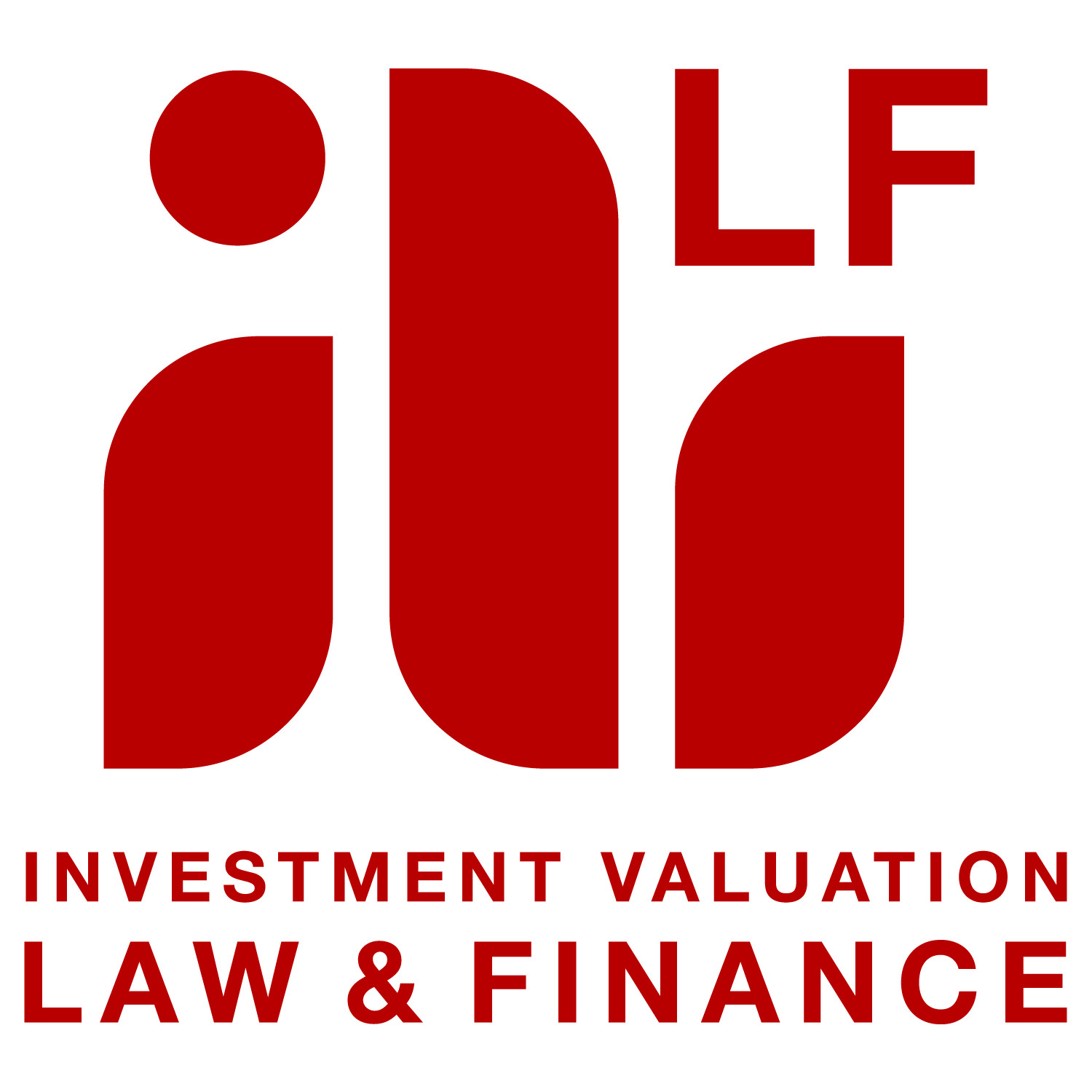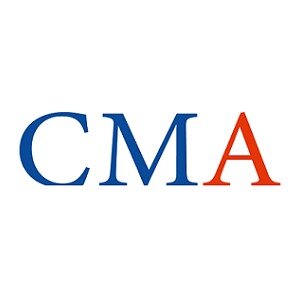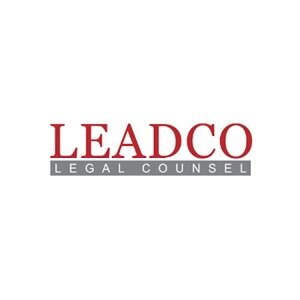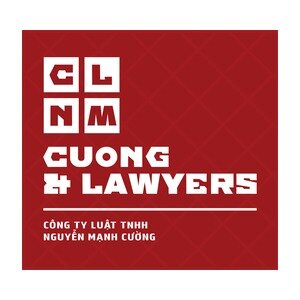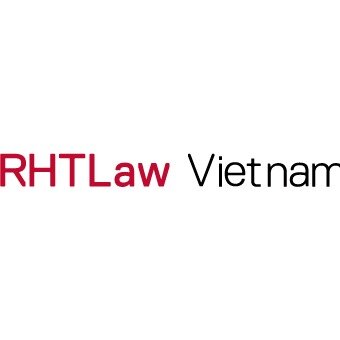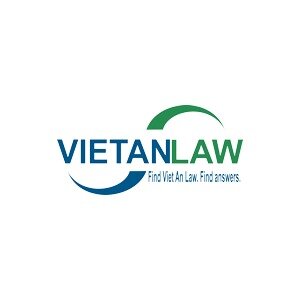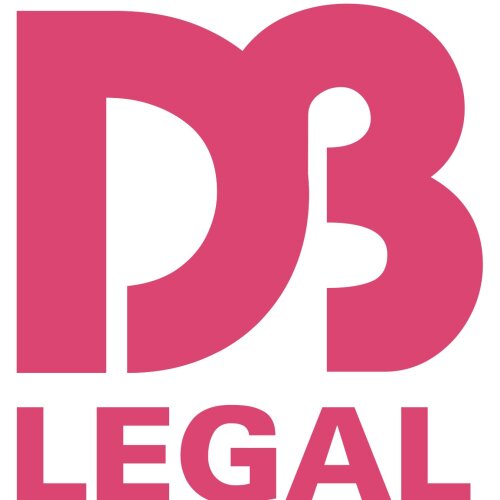Best Energy Regulatory Law Lawyers in Vietnam
Share your needs with us, get contacted by law firms.
Free. Takes 2 min.
Or refine your search by selecting a city:
List of the best lawyers in Vietnam
About Energy Regulatory Law in Vietnam
Energy Regulatory Law in Vietnam comprises the legal framework governing the regulation, development, and management of the country's energy sector. This area of law covers both non-renewable and renewable energy sources, including electricity, oil and gas, coal, and emerging clean energy technologies. Vietnam’s energy sector is tightly regulated by various government ministries and agencies to ensure security, efficiency, sustainability, and compliance with both domestic and international commitments. The regulatory environment outlines how energy is produced, transmitted, distributed, and consumed, with a strong emphasis on licensing, tariffs, investment, and environmental protection.
Why You May Need a Lawyer
There are numerous scenarios in which legal advice or representation may be necessary in the field of Energy Regulatory Law in Vietnam. Individuals, businesses, and investors often require help to:
- Navigate complex licensing procedures to obtain approval for energy projects.
- Understand and comply with local regulatory requirements for energy production, import, or export.
- Negotiate energy purchase agreements or power purchase contracts.
- Resolve disputes with regulatory authorities, partners, or local communities.
- Ensure compliance with environmental and safety standards.
- Secure investment protection and manage changes in tariffs or policies.
- Understand the implications of new policies on renewable energies and carbon emissions.
- Advise on mergers, acquisitions, or restructuring within the energy sector.
Local Laws Overview
Vietnam’s energy legal framework is governed by several key laws and regulations, administered primarily by the Ministry of Industry and Trade (MOIT) along with other related bodies.
- Electricity Law: Governs infrastructure development, generation, transmission, distribution, and trading of electricity, including licensing and market structure.
- Law on Petroleum: Regulates exploration, extraction, processing, and trade of petroleum products.
- Renewable Energy Regulations: Support investment in wind, solar, and biomass projects through incentives, feed-in-tariffs, and streamlined licensing processes.
- Tariff and Pricing Mechanisms: Set by the MOIT, approve and adjust energy prices to ensure transparent and fair market conditions.
- Grid Access: Rules governing access to the national power grid, including for independent power producers.
- Investment Law and Enterprise Law: Offer frameworks for foreign and local investment within the energy sector, including conditions for joint ventures and wholly owned projects.
- Environmental Regulations: Mandate environmental impact assessments for energy projects and set standards for emissions and waste management.
Vietnam has also announced specific targets and policies to advance energy security and the transition to clean energy, which have implications for both current and prospective investors in this sector.
Frequently Asked Questions
What types of energy projects require government licenses in Vietnam?
Most energy projects, including generation, transmission, and distribution activities, require government-issued licenses. This includes renewable energy projects as well as traditional fossil fuel developments.
Can foreign investors participate in Vietnam’s energy sector?
Yes, foreign investors are allowed to participate. However, there may be restrictions regarding ownership percentages, mandatory joint ventures with local partners, and project-specific requirements, especially for strategic or national grid infrastructure.
What incentives are available for renewable energy investments?
Vietnam offers incentives such as preferential tax rates, land use exemptions, and feed-in tariffs for wind, solar, and biomass energy projects to encourage renewable energy investment.
How are electricity tariffs determined?
Electricity tariffs are set and periodically reviewed by the Ministry of Industry and Trade, taking into consideration production costs, market developments, and government policy directives.
What environmental approvals are necessary for energy projects?
Energy projects, especially large-scale ones, require an Environmental Impact Assessment (EIA) and must comply with national environmental protection regulations before construction and operation can commence.
Are there any restrictions on exporting electricity or energy products?
Yes, the export of electricity or other energy products is tightly regulated, and permissions must be obtained from relevant authorities. Export projects are typically subject to bilateral or multilateral agreements.
What are the penalties for non-compliance with energy regulations?
Penalties for non-compliance can include fines, suspension or revocation of licenses, legal action, compensation for damages, or, in severe cases, closure of operations.
How are disputes in the energy sector resolved?
Disputes may be resolved through negotiation, arbitration, or litigation. The choice of mechanism often depends on the type of contract and the parties involved. Commercial arbitration is common in cross-border or investment disputes.
What is the process for obtaining an energy project license?
The process typically involves submitting a detailed project proposal, technical and financial feasibility studies, environmental assessments, and other required documentation to the relevant government authority for review and approval.
What recent policy developments affect the energy sector?
Recent developments include updated regulations on renewable energy tariffs, revised power development master plans, and stricter requirements for environmental compliance, reflecting Vietnam’s goals towards sustainability and energy security.
Additional Resources
Individuals and organizations seeking further assistance can consult the following resources:
- Ministry of Industry and Trade (MOIT) - Main regulatory body overseeing energy policy and licensing.
- Electricity Regulatory Authority of Vietnam (ERAV) - Responsible for managing the electricity market and tariff regulations.
- Vietnam Oil and Gas Group (PetroVietnam) - Involvement in petroleum law and sector operations.
- General Department of Energy - Provides information on energy strategies and planning.
- Vietnam Energy Association - Industry insights, updates, and professional connections.
- Legal consulting firms specializing in energy and infrastructure law.
Next Steps
If you require legal assistance in Energy Regulatory Law in Vietnam, consider the following steps:
- Define your specific legal needs, such as licensing, compliance, partnership structuring, or dispute resolution.
- Gather key documents and background information relevant to your case or project.
- Contact a qualified law firm or legal advisor experienced in Vietnam’s energy sector regulations.
- Consult with local authorities or industry associations for policy clarifications and procedural guidance.
- Stay updated with new laws and regulations impacting the energy sector to ensure ongoing compliance.
Obtaining professional legal advice early in the process is critical to safeguarding your interests, ensuring lawful operations, and optimizing your approach to Vietnam’s dynamic and evolving energy regulatory environment.
Lawzana helps you find the best lawyers and law firms in Vietnam through a curated and pre-screened list of qualified legal professionals. Our platform offers rankings and detailed profiles of attorneys and law firms, allowing you to compare based on practice areas, including Energy Regulatory Law, experience, and client feedback.
Each profile includes a description of the firm's areas of practice, client reviews, team members and partners, year of establishment, spoken languages, office locations, contact information, social media presence, and any published articles or resources. Most firms on our platform speak English and are experienced in both local and international legal matters.
Get a quote from top-rated law firms in Vietnam — quickly, securely, and without unnecessary hassle.
Disclaimer:
The information provided on this page is for general informational purposes only and does not constitute legal advice. While we strive to ensure the accuracy and relevance of the content, legal information may change over time, and interpretations of the law can vary. You should always consult with a qualified legal professional for advice specific to your situation.
We disclaim all liability for actions taken or not taken based on the content of this page. If you believe any information is incorrect or outdated, please contact us, and we will review and update it where appropriate.
Browse energy regulatory law law firms by city in Vietnam
Refine your search by selecting a city.





